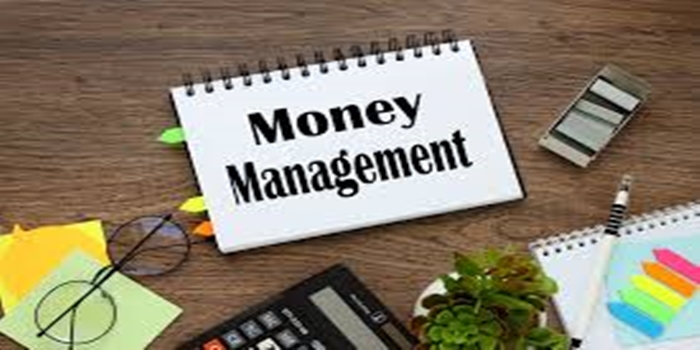In this article, we discussed the meaning of money management, we also talked about the Simple Ways to Manage Your Money Better.
Definition
Money management refers to how you handle all of your finances, from budgeting to investing, to saving and setting goals.
Money management refers to the process of tracking and planning an individual or group’s use of capital. In personal and corporate finance, money management usually includes budgeting, spending, saving, and investing.
How to Manage Your Money Better
Have a Budget
Many people don’t budget because they don’t want to go through what they think will be a boring process of listing out expenses, adding up numbers, and making sure everything lines up. If you’re bad with money, you don’t have room for excuses with budgeting. If all it takes to get your spending on track is a few hours working a budget each month, why wouldn’t you do it? Plus, you can use several tools to make the process as easy as possible maybe even fun.
Instead of focusing on the process of creating a budget, focus on the value that budgeting will bring to your life.
Use the Budget
Your budget is useless if you make it and then let it collect dust in a folder tucked away in your file cabinet or never open it again on your computer. Refer to it often throughout the month to help guide your spending decisions. Update it as you pay bills and spend on other monthly expenses. At any given time during the month, you should have an idea of how much money you’re able to spend, considering any expenses you have left to pay.
Limit Unbudgeted Spending
A critical part of your budget is the net income or the amount of money left after you subtract your expenses from your income. If you have any money left over, you can use it for fun and entertainment, but only up to a certain amount. You can’t go crazy with this money, especially if it’s not a lot and has to last the entire month. Before you make any big purchases, make sure it won’t interfere with anything else you have planned.
Track Your Spending
Small purchases here and there add up quickly, and before you know it, you’ve overspent your budget. Start tracking your spending to discover places where you may be unknowingly overspending. Save your receipts and write your purchases in a spending journal, categorizing them so you can identify areas where you have a hard time keeping your spending in check.
Don’t Commit to New Recurring Monthly Bills
Just because your income and credit qualify you for a certain loan, doesn’t mean you should take it. Many people simply think the bank wouldn’t approve them for a credit card or loan they can’t afford. The bank only knows your income, as you’ve reported, and the debt obligations included on your credit report, not any other obligations that could prevent you from making your payments on time. It’s up to you to decide whether a monthly payment is affordable based on your income and other monthly obligations.
Start an investment strategy.
Even if your ability to invest is limited, small contributions to investment accounts can help you use your earned money to generate more income.
Find out if your employer offers 401(k) matching, which essentially serves as free money. Consider opening a retirement account or other investment account.
The path to better finances starts with changing your own habits. Some of these changes will be easier than others, but if you stay committed to this transformation, you’ll end up with great money management skills that will serve you throughout your life—and in the meantime, you’ll have more money in your pocket
Cut back on recurring charges.
Do you subscribe to services you never use? It’s easy to forget about monthly subscriptions to streaming services and mobile apps that charge your bank account even when you don’t regularly use these services.
Review your spending for charges like these, and consider canceling unnecessary subscriptions to hold onto more money each month.
Limit Credit Card Purchases
Credit cards are a bad spender’s worst enemy. When you run out of cash, you simply turn to your credit cards without considering whether you can afford to pay the balance. Resist the urge to use your credit cards for purchases you can’t afford, especially on items you don’t really need.
Save Up for Big Purchases
The ability to delay satisfaction will go a long way in helping you be better with money. When you put off large purchases, rather than sacrificing more important essentials or putting the purchase on a credit card, you give yourself time to evaluate whether the purchase is necessary and even more time to compare prices. By saving up rather than using credit, you avoid paying interest on the purchase.
Practice, Practice, Practice
In the beginning, you may not be used to planning ahead and putting off purchases until you can afford them. The more you make these habits part of your daily life, the easier it is to manage your money, and the better off your finances will be.
Conclusion
Life is much easier when you have good financial skills. How you spend your money impacts your credit score and the amount of debt you end up carrying. If you’re struggling with money management issues, such as living paycheck to paycheck despite making more than enough money, with the help of this tips u will be able to manage your money effectively.


